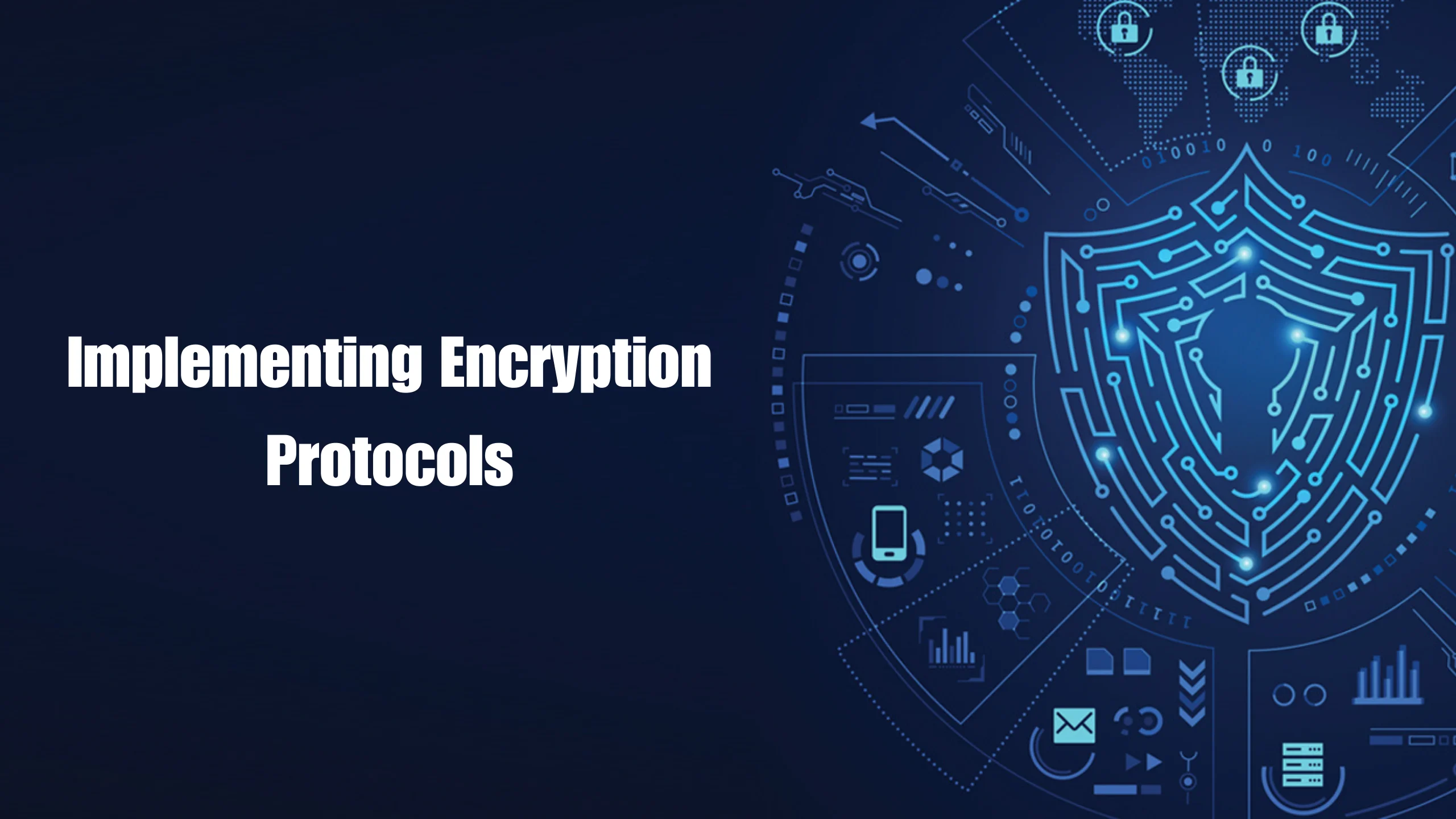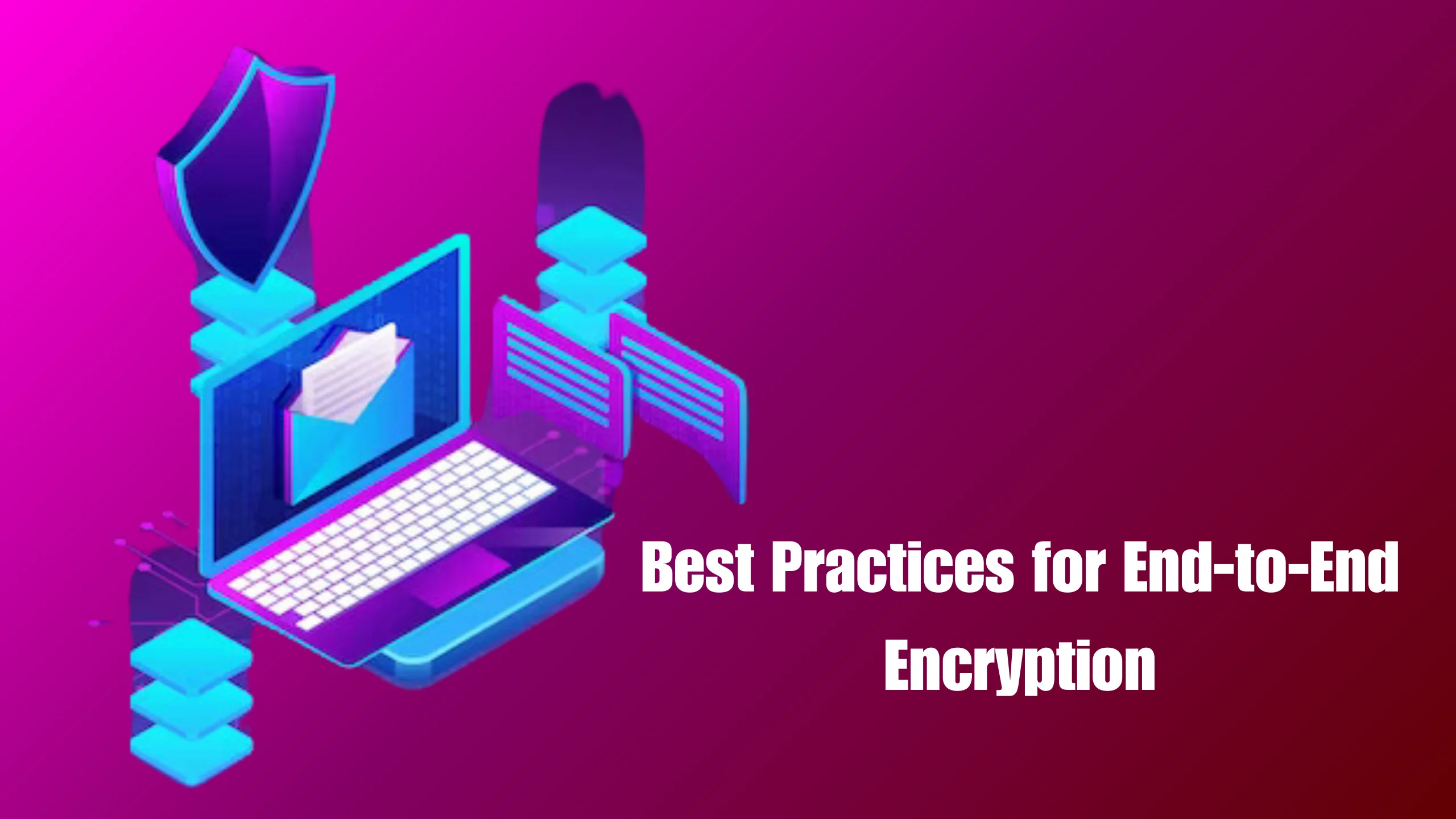1. Introduction to End-to-End Encryption
What is End-to-End Encryption?
End-to-End Encryption (E2EE) is a method of securing data that ensures only the communicating users can read the messages. In E2EE, data is encrypted on the sender’s device and only decrypted on the recipient’s device, preventing third parties from accessing the data during transmission. This is crucial for poker game apps, where players’ personal and financial information must be protected from unauthorized access.
Importance of Security in Poker Game Apps
Security is paramount in online poker platforms to maintain the integrity of the game and trust of the players. Poker apps must safeguard sensitive information, such as user credentials and transaction details, from cyber threats. By implementing E2EE, Poker Game Developers can significantly reduce the risk of data breaches and ensure a secure environment for their users, thus enhancing their reputation and user satisfaction.
2. Benefits of End-to-End Encryption in Poker Game Apps
Enhancing Player Privacy
E2EE ensures that players’ private information remains confidential, protecting them from potential identity theft and fraud. For instance, when users log into a poker app or make in-game purchases, their data is shielded from prying eyes. This heightened privacy is especially important in a highly competitive industry like Poker Game Development, where user trust can make or break a platform’s success.
Preventing Data Breaches
Data breaches can have devastating effects on any online platform, particularly those dealing with financial transactions like poker apps. Implementing E2EE can help prevent unauthorized access to sensitive data, thereby protecting both the players and the platform from significant financial and reputational damage.
Ensuring Fair Play
In the poker game development industry, maintaining fair play is essential. E2EE helps in preventing cheating and fraud by ensuring that communication between players and the server remains confidential and untampered.
3. Implementing Encryption Protocols

Choosing the Right Encryption Algorithm
Selecting an appropriate encryption algorithm is a critical step in implementing E2EE. Algorithms like AES (Advanced Encryption Standard) and RSA (Rivest-Shamir-Adleman) offer strong encryption capabilities. A top-notch poker gaming platform should integrate these algorithms to secure data efficiently, balancing performance and security.
Integrating TLS/SSL for Secure Communication
Transport Layer Security (TLS) and Secure Sockets Layer (SSL) are protocols that ensure data is securely transmitted over the internet. By integrating TLS/SSL, companies can protect data in transit, making it more difficult for attackers to intercept and tamper with the information exchanged between players and servers.
4. Encrypting Game Data
Securing Player Information
Securing player information involves encrypting data such as usernames, passwords, and personal details. This encryption ensures that even if data is intercepted, it cannot be read or misused.
Protecting In-Game Transactions
In-game transactions, including betting and purchasing virtual items, must be encrypted to prevent financial fraud. E2EE ensures that transaction data is secure from the moment it leaves the user’s device until it reaches the server, safeguarding players’ funds and the platform’s financial integrity
Encryption of Chat Messages
Players often communicate via in-game chat. Encrypting these messages ensures that only the intended recipients can read them, preventing potential misuse of sensitive information. This is a critical feature for multiplayer game developers aiming to provide a secure and engaging gaming environment.
5. Generating and Managing Encryption Keys
Key Generation Techniques
Effective encryption relies on secure key generation techniques. Poker game developers must implement strong random key generation methods to ensure the robustness of the encryption. This is essential for poker platforms that require high levels of security and reliability.
Secure Storage of Keys
Once generated, encryption keys must be securely stored to prevent unauthorized access. This involves using hardware security modules (HSMs) or secure key vaults. Poker game development firms must prioritize secure key storage to maintain the integrity of their encryption systems.
Key Lifecycle Management
Managing the lifecycle of encryption keys, including their creation, distribution, rotation, and destruction, is crucial for maintaining security. Regularly rotating keys minimizes the risk of them being compromised. Poker game development companies in India and other regions should implement robust key management practices to ensure continuous protection.

6. Key Management Strategies
Secure Key Generation
Ensuring that keys are generated securely and unpredictably is fundamental to the security of E2EE. This involves using reliable cryptographic libraries and hardware solutions. A best poker game development company will invest in high-quality key generation systems to provide top-tier security.
Key Distribution Methods
Distributing encryption keys securely is as important as generating them. Methods such as public key infrastructure (PKI) ensure that keys are distributed safely.
Key Rotation and Expiry
Regular key rotation and setting expiry dates for keys enhance security by limiting the time a key is valid, reducing the impact of a compromised key.
7. Handling Authentication and Authorization
Multi-Factor Authentication
Implementing multi-factor authentication (MFA) adds an extra layer of security by requiring multiple forms of verification before granting access. This is crucial for poker apps, where unauthorized access can lead to significant financial losses. Poker Game Developers should integrate MFA to enhance user account security.
Role-Based Access Control
Role-based access control (RBAC) restricts access to data based on the user’s role within the application. This ensures that users can only access information relevant to their role, enhancing security.
8. Best Practices for End-to-End Encryption

Regular Security Audits
Conducting regular security audits helps identify and fix vulnerabilities in the encryption system. This proactive approach ensures that the poker platform remains secure against emerging threats.
Keeping Software Up-to-Date
Regularly updating software ensures that the latest security patches and features are implemented. Outdated software can have vulnerabilities that attackers can exploit. Poker game developers must prioritize software updates to maintain robust security.
User Education and Awareness
Educating users about security practices, such as recognizing phishing attempts and using strong passwords, is vital for maintaining overall security.
9. Future Trends in Encryption Technology
Quantum-Resistant Encryption
As quantum computing advances, traditional encryption methods may become vulnerable. Quantum-resistant encryption aims to provide security against quantum attacks. Companies should stay ahead of these technological changes to ensure long-term security.
Zero-Knowledge Proofs
Zero-knowledge proofs allow one party to prove to another that they know a value without revealing the value itself. This technology can enhance privacy and security in poker apps by enabling secure authentication and transactions without exposing sensitive information.
10. Implementing E2EE in Messaging Apps: Step-by-Step Guide
Initial Setup and Requirements
Setting up E2EE in messaging apps involves determining the security requirements and selecting the appropriate tools and libraries. Poker Game Developers must ensure that their infrastructure supports E2EE to maintain secure communication.
Choosing an Encryption Library
Selecting a robust encryption library, such as OpenSSL or libsodium, is crucial for implementing E2EE. These libraries provide the necessary cryptographic functions and are widely trusted in the industry.
Implementing Key Exchange
Key exchange mechanisms, such as Diffie-Hellman or Elliptic Curve Diffie-Hellman, ensure that encryption keys are securely shared between parties. Implementing these mechanisms correctly is vital for establishing a secure communication channel in poker apps.
Encrypting and Decrypting Messages
Encrypting and decrypting messages ensures that only the intended recipients can read the communication. This step involves using the selected encryption library to apply encryption algorithms to the messages.
Testing and Validation
Thorough testing and validation are essential to ensure that the E2EE implementation is secure and functions correctly. This includes testing for potential vulnerabilities and ensuring that the encryption process does not degrade performance.

Conclusion
Summarizing the Importance of Encryption
End-to-End Encryption is critical for maintaining the security and integrity of poker game apps. It protects players’ personal and financial information from unauthorized access and ensures fair play. B
Final Thoughts on Secure Poker Game Development
The poker game development industry must prioritize security to stay competitive and gain user trust. By adopting best practices for encryption and staying updated with the latest technological advancements, Poker Game Developers can create secure, reliable, and engaging gaming experiences.
At SDLC CORP, we specialize in providing end-to-end Poker Game Development Services that are tailored to meet the unique needs of your business. With a team of highly skilled Poker Game Developers, we ensure that every aspect of your poker platform is meticulously crafted, from game logic to user experience.
Our expertise in Poker Game App Development allows us to create seamless, scalable, and engaging mobile poker applications. Whether you’re looking to build a cross-platform poker game for iOS and Android or a custom desktop poker solution, SDLC CORP is equipped with the tools and knowledge to bring your vision to life.
By partnering with us, you ensure that your poker game development is backed by a reliable team focused on delivering high-performance, secure, and innovative solutions for your players.



